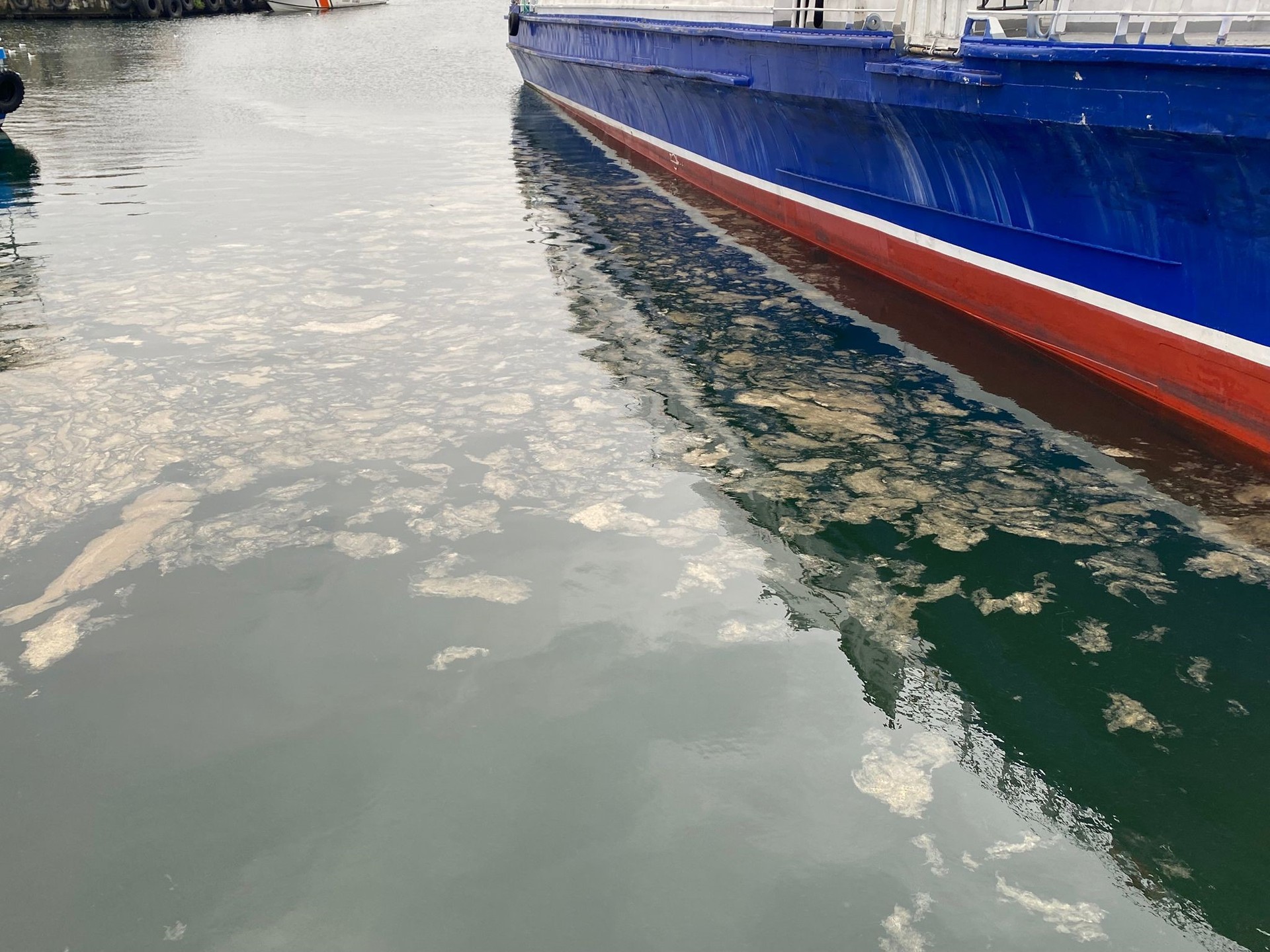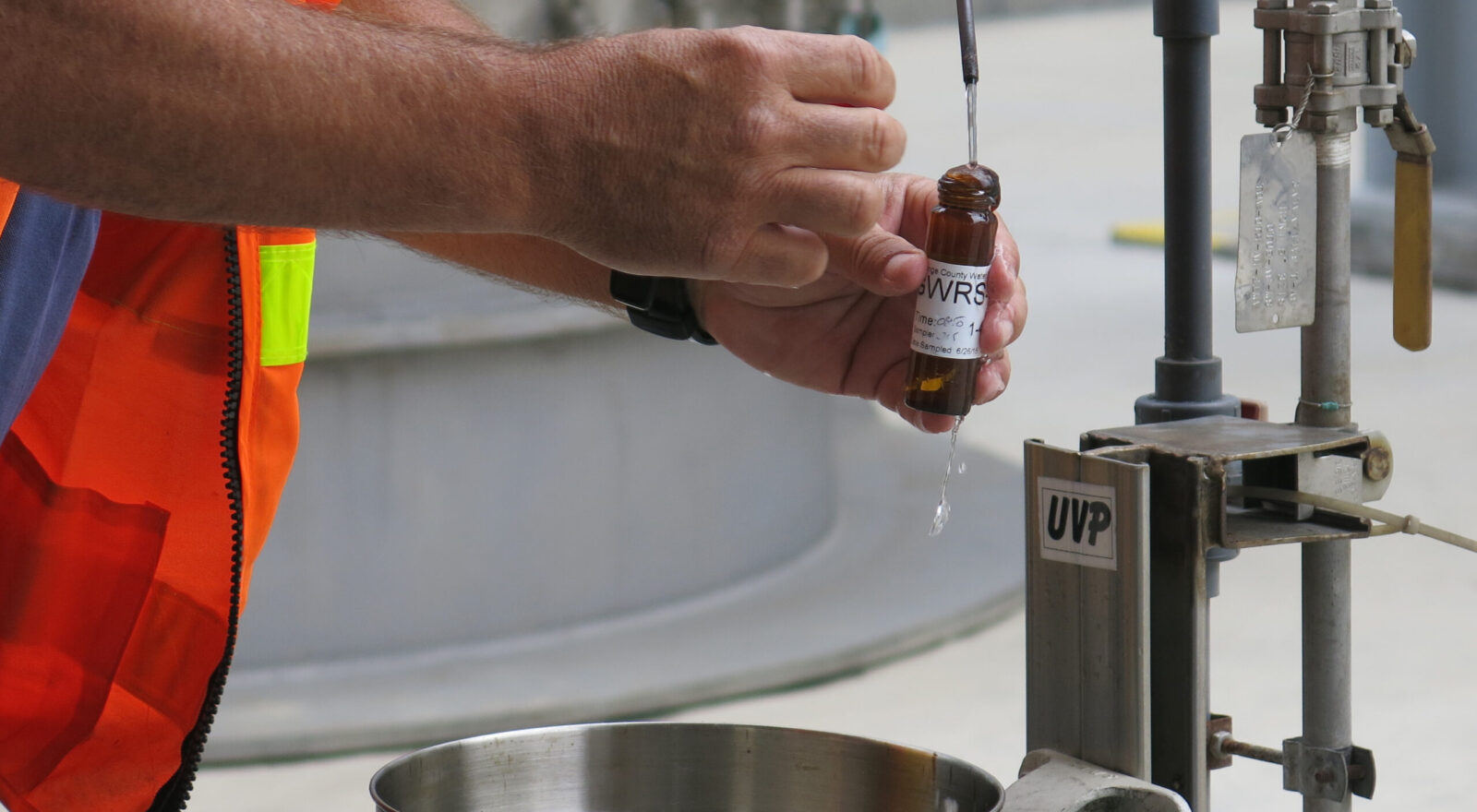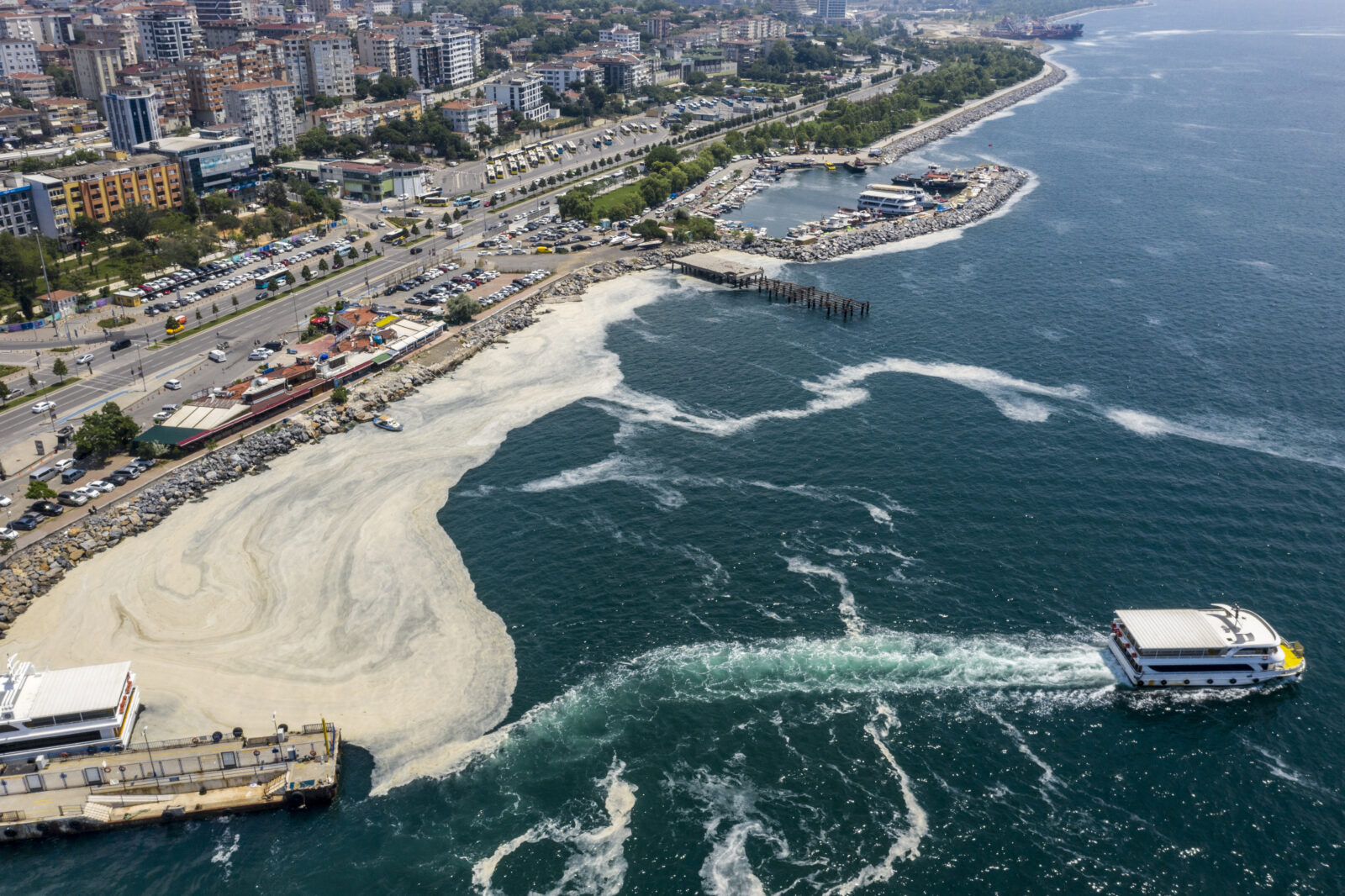
Istanbul is falling behind in efforts to reduce marine pollution, with only 34.43% of its wastewater being treated in advanced biological facilities.
According to the three-year action plan prepared by the Mucilage Science and Technical Committee, the city lags in upgrading its treatment systems despite the urgent need for cleaner waters in the Marmara Sea.

Istanbul's wastewater treatment infrastructure consists of 90 facilities operated by ISKI, the city's water and sewerage administration. These include:
With a total daily treatment capacity of 6.16 million cubic meters, the breakdown of treatment capabilities is as follows:
Despite this extensive network, only one-third of Istanbul’s wastewater receives advanced biological treatment, raising concerns over environmental sustainability and public health.

Following the devastating mucilage outbreak in the Marmara Sea in 2021, the Mucilage Science and Technical Committee developed a strategic action plan. A key element of this plan was the conversion of all wastewater treatment plants in the region into advanced biological treatment facilities.
However, progress has been slow. According to data from the Marmara Municipalities Union, from 2021 to 2024, only 1.4% of the planned upgrades have been completed—a stark contrast to the ambitious targets set in the aftermath of the environmental disaster.
The lack of substantial improvement in wastewater treatment poses a serious threat to marine biodiversity and public health.
Experts warn that unless Istanbul accelerates its transition to fully advanced wastewater treatment, the risk of future mucilage outbreaks, marine pollution, and ecosystem damage will remain high.